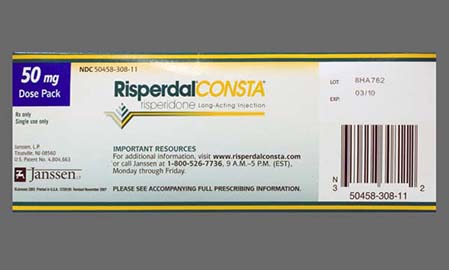A Harvard Medical School study found that restricting sales rep access drove down off-label prescriptions of previously detailed drugs.
The study of academic medical centers focused on insitutions which established restrictions – such as no rep access, limited rep access or sample bans – between 2006 and 2009.
The team used anti-depressants and antipsychotics that were prescribed to children as the test case. Off-label prescribing meant either exceeding the recommended dose or over-reaching the FDA approved indication and only brands with a generic equivalent were taken into account.
Their findings:
- Prescriptions for formerly detailed drugs for which no generic was available fell
- Prescriptions for formerly detailed branded drugs “were hardly prescribed at any time in the study”
- Prescriptions for drugs not approved for pediatric use dropped
Researchers said the declines could have been powered by two factors – first, that reps had been talking up off-label uses and the falloff was because those direct conversations were no longer happening, or that the ban impeded a rep’s “contribution to unapproved uses of brand-name drugs through more benign means, such as limiting their ability to respond to physicians’ questions about off-label prescribing (which is permitted).”
The results also included some surprises—mainly that prescriptions for off-label uses of non-detailed drugs actually rose 34% after the limits were in place.
The team attributed this seemingly contradictory trend to two possibilities: that doctors are not aware of the FDA’s approved indications and/or of its black-box warnings, or that doctors try off-label uses when other treatment approaches have failed. Researchers wrote that both results point to the impact detailing has on a doctor’s prescribing habits as being “more than FDA approval.”
They also wrote that the takeaway is “merely removing the sales representative is not necessarily enough to drive prescribing towards completely evidence-based use” and that more has to be done in terms of keeping doctors apprised of approved uses.
Researchers wrote that they chose this age group and these medications because 40% of these drugs are prescribed off-label when they are given to children between the ages of 6 and 17. They also noted that financial punishments, such as those leveled against Johnson & Johnson for off-label marketing of its antipsychotic Risperdal, or Eli Lilly’s Zyprexa “have had little impact on rates of off-label use.”







